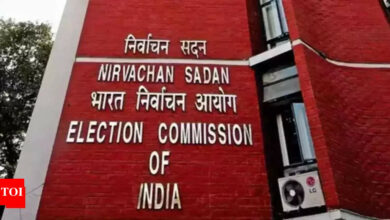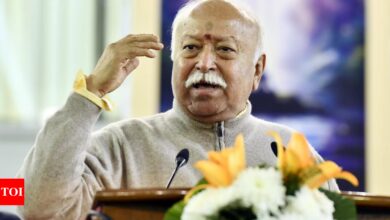India
Breaking the Cycle of Suffering – Times of India
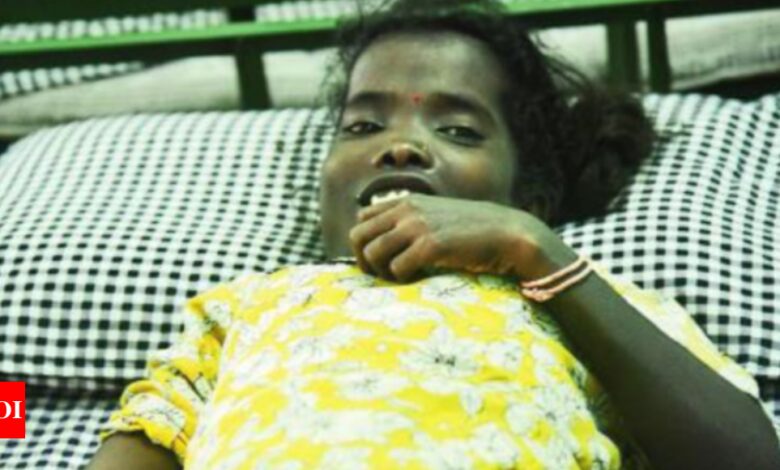
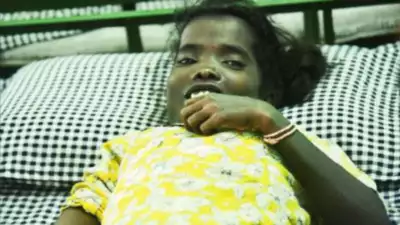
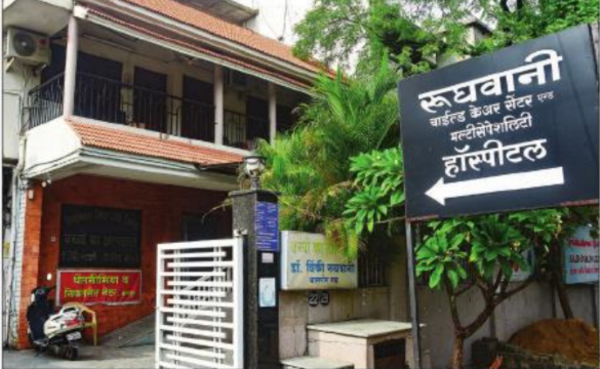
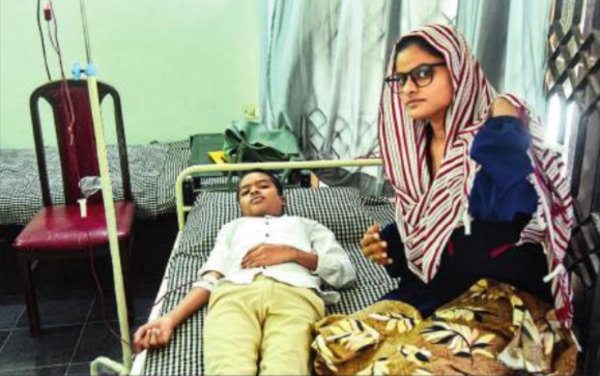
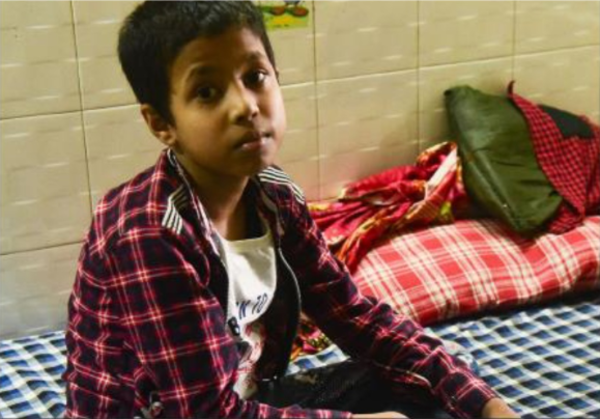
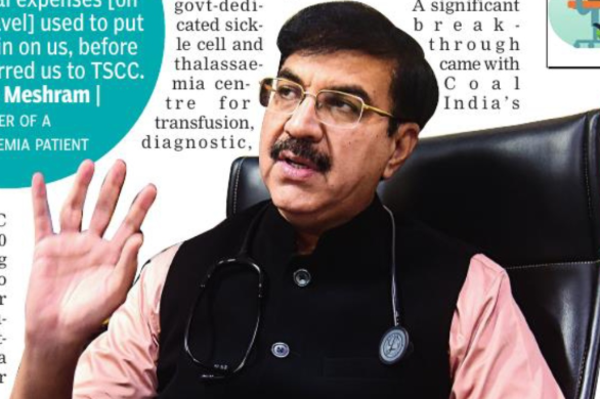
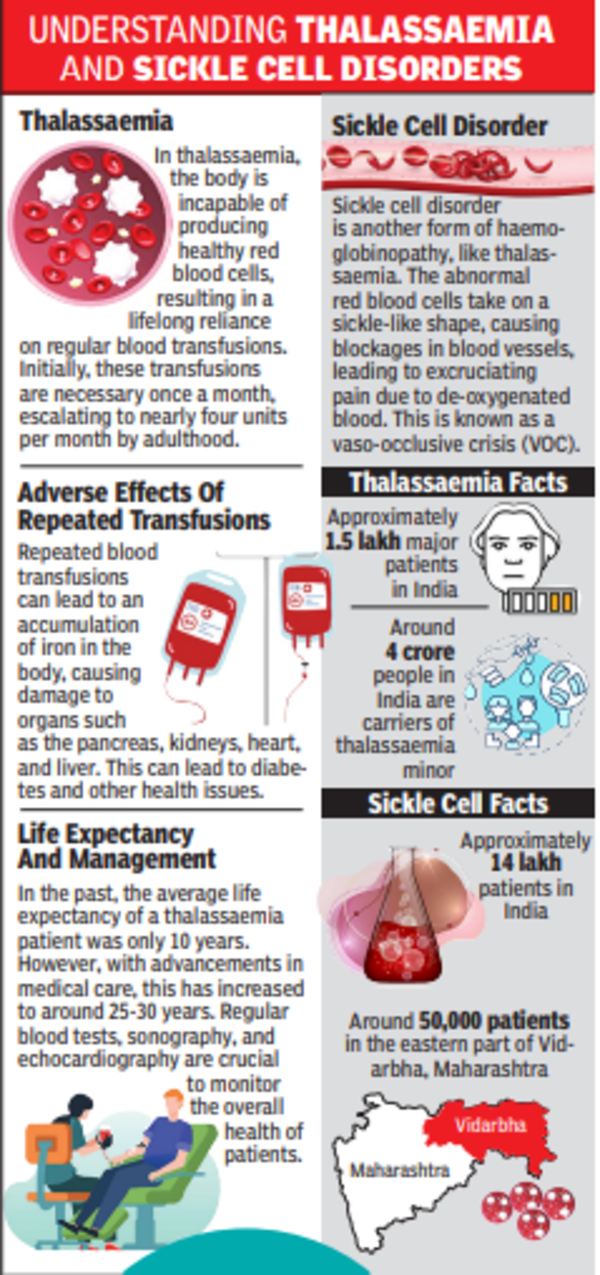

Meshram and Mayuresh are not alone. Across central India, several others have to travel long distances to reach the Thalassemia and Sickle Cell Center (TSCC) at Jaripatka in Nagpur, Maharashtra, with the medical facility serving as a lifeline for impoverished tribes within a 500 km radius.
Without consistent transfusions, these patients must endure excruciating pain or even face death.

‘Insufficient awareness’
Patients also require clinical intervention during a vaso-occlusive crisis (when microcirculation is obstructed by sickle-shaped red blood cells). While countless patients suffer in silence, the number of people suffering from these genetic conditions continues to rise. Currently, there are more than 1.5 lakh thalassemia and 14 lakh sickle cell anemia patients nationwide.
“Insufficient awareness about inherited blood disorders is the sole reason why the burden of thalassemia major and sickle cell anemia continues to rise despite being completely preventable,” says Dr Vinky Rughwani, director of TSCC, which provides transfusions – otherwise unaffordable for the hundreds who come free from distant hamlets of Madhya Pradesh and Chhattisgarh.

Founded in 2004, TSCC has performed more than 66,600 free transfusions for 1,500 registered patients and provided free consultations to 45,000 individuals. It also offers free periodic assessments for heart, kidney, liver and other conditions to monitor the side effects of treatment.

TSCC has collaborated with Bengaluru-based Sankalp India Foundation to screen expectant mothers for hemoglobinopathies. Over the past year, TSCC has screened approximately 21,000 pregnant women, identifying more than 1,800 carriers who required testing of their husbands. Ultimately, 286 couples were found to be at increased risk of giving birth to a child with thalassemia major or SS pattern.
Prenatal testing important
Rughwani advocates mandatory pre-marital screening for thalassemia and sickle cell disease and claims that every individual should undergo a test before marriage. Chorionic villus sampling (CVS) or a prenatal test plays a key role as a prevention tool. Of a sample size of 21,000 pregnant women, “at least 9% were found to have traces of sickle cell disease or thalassemia, while 15% of the 1,800 couples were at risk,” he said. Daga Hospital, Govt Medical College and Hospital and Indira Gandhi Govt Medical College and Hospital also provide medicines, transfusions and diagnostics to patients, although they do not have a dedicated facility for treating these conditions.

Pediatrician Dr Sanjay Deshmukh said Nagpur needs a government-dedicated sickle cell and thalassemia center for transfusion, diagnostic and advanced treatments such as bone marrow transplant (BMT) as patients from across Central India seek treatment there.
Prompt treatment, fewer formalities and a spectrum of ancillary services are some of the benefits that attract patients from Vidarbha and other parts of Maharashtra, Chhattisgarh and Madhya Pradesh.
Meshram said that before he was referred to TSCC, he was under pressure both financially and mentally. He now goes around his village urging marriageable youth to take the test before choosing their life partner or planning a child.
However, much still needs to be done for these patients, Rughwani believes.

A major breakthrough came with Coal India’s announcement of a Rs10 lakh sponsorship for thalassemia patients below the age of 12 years to undergo BMT.
Since then, 50 patients from TSCC have benefited. “The relief funds from the CM and PM, Coal India Ltd, and other organizations have enabled us to provide Rs 15 lakh to BMT, easing the financial burden on families,” Rughwani said. Looking ahead, he is resolute in securing job reservations for patients and government funding for BMT for sickle cell patients, marking the next milestone in his mission to safeguard the lives of those affected.
(Do you know such an inspiring story? Share it with us at changebeginshere@timesofindia.com)


